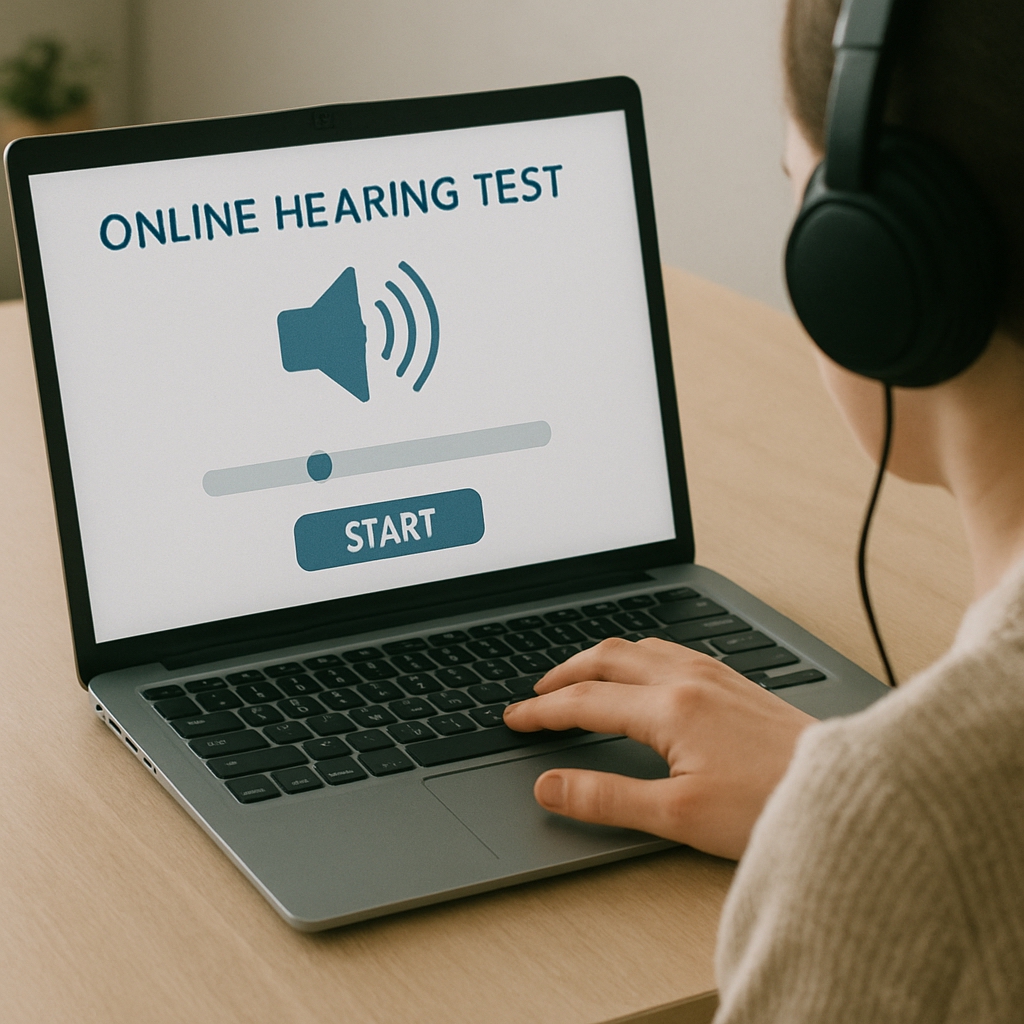The Benefits of Being Social for Older Americans

Take a moment to recall the last time you were part of a social activity. What are some of your memories? Not all social activities are happy and relaxing, but there’s one that that they tend to have in common: connection. When we engage in social activities we are reminded of the ways we are connected to those in our families, friendships, and communities. However, for those who haven’t had a social activity in a while, this lack of connection can be a key problem. Rather than focusing on the detriments of a lack of social activity for seniors, let’s focus on the positive benefits that seniors can receive from more social activity. Not only do they take the form of direct benefits such as feelings of connection, they also have indirect effects on your mental and physical health. After considering the wide range of benefits to be achieved from these social connections, let’s imagine the many ways it is possible to expand the range of connections.
Mental Health and Social Life
When we are connected to others, a number of effects take place in our mental health. In the first place, we are generally reminded that others share our experiences. These reminders put us in the mental space to acknowledge that we are not alone. Similarly, social connections can relieve feelings of anxiety. When we are isolated our heads can spin into feelings of confusion, fear, and mixed expectations. Being with others can be grounding, serving as a reminder of how much others are going through. Finally, social life can improve symptoms of depression. Although it can feel like the most difficult thing to socialize when we are depressed, it can have a profound positive effect on depressive symptoms to spend a little time with others.
The Physical Benefits of Social Activity
It might come as a surprise, but there are physical benefits to social activity, as well. In the first place, simply getting out of the house introduces physical activity into our daily routines. Moving through the world to social events can be remarkably beneficial for our energy levels and mobility. In addition to this direct physical effect of social life, there are other more surprising connections, including reduced risk for Alzheimer’s disease, rheumatoid arthritis, some forms of cancer, osteoporosis, and cardiovascular problems. Add to the list that nutrition is often improved when we eat with others in social contexts. These social benefits in the realm of physical health lead us to believe that we stand to gain more that feelings of connection when we are actively social.
How to Improve Your Social Life
If you are a senior who finds your social life dwindling, there are some basic steps you can take to get connected. One of the simplest things you can do is to reconnect with old friends and family members with whom you’ve lost touch. Take a quick scroll through your address book or calendar from past years. You are likely to find people listed there with whom you can connect, and you’ll be surprised how easy it can be to pick up and reconnect. Simply making a call is all it may take before you have a new lunch date or are even planning a trip with someone. Sometimes more casual connections are all it takes to feel like your social life has improved. Clubs are a great resource for these kinds of connections, and there are many organizations oriented around your favorite activities and hobbies. If you like crafts, mechanics, or political affairs, simply do a little digging and a club or organization is sure to turn up. Finally, physical activity is an excellent way to integrate all these benefits into a single activity. Take, for instance, an exercise class. With regular attendance, you are sure to reap the physical, emotional, and directly social benefits that have proven effects. When taken in combination, you will be surprised at how good you feel, and the connections tend to multiply. Why hesitate to take action toward stronger social activities? You will not regret it when you feel the support of a strong community around you once again.
Send us a message
Feel free to reach out to us for any questions you may have or to schedule an appointment. Our team is here to provide you with the support and information you need. We look forward to assisting you!
Email us
Give us a call





